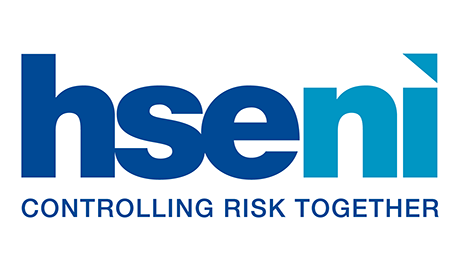Ergonomics
The Health and Safety Executive (HSE (GB)) refer to ‘human factors’ as ‘the environmental, organisational and job factors, and human and individual characteristics which influence behaviour at work in a way which can affect health and safety’.
‘Ergonomics’ is concerned with the ‘fit’ between a person and their work.
Ergonomics is often divided into three main areas:
- physical ergonomics: focusing on the human body’s interaction with physical activities, such as posture, repetitive movements, and workstation design
- cognitive ergonomics: concerned with mental processes such as perception, memory, reasoning, and decision-making as they relate to system design
- organisational ergonomics: deals with optimising systems, structures, and workflows for better team dynamics and efficiency
Applying ergonomics and human factors in the workplace:
- puts emphasis on understanding the interactions between people, technology, and systems
- focuses on improving safety, usability, and performance by analysing human capabilities and limitations
- takes a broader systems approach, often considering not just physical and cognitive aspects but also cultural, social, and environmental influences on behaviour
Examples of industry application of ergonomics and human factors include:
- workplace design (for example, ergonomic chairs, standing desks)
- product development (for example, user-friendly interfaces, tool design)
- healthcare (for example, reducing medical errors, designing patient-centred systems)
- transportation (for example, vehicle cockpit layouts, road safety systems)
- aerospace (for example, improving pilot controls, reducing cognitive load)
A human factors (or ergonomics) approach focuses on how to make the best use of a worker’s capabilities by designing jobs and equipment which are fit for workers. It seeks to minimise discomfort, fatigue, and the risk of injury while maximising efficiency, productivity, and comfort.
Why should you consider ergonomics and human factors in the workplace?
Application of ergonomics and human factors in the workplace can help to:
- reduce accident potential
- reduce the potential for injury and ill health
- improve performance and productivity
Tailoring of tasks, equipment and workstations to suit the worker can help to reduce the potential of work-related ill-health conditions, such as:
Effective use of ergonomics and suitable matching of the job to the person will not only ensure that workers are not overloaded but will make work safer, healthier and more productive overall.
What should I do as an employer?
As an employer, you should assess the fit between a person and their work considering the worker’s physical and psychological characteristics with the task, the equipment being used, and the organisation and social environment.Ergonomics and human factors should be considered at the start of the work design process, using appropriate expertise, with involvement from people with knowledge of the working processes, including:
- designers
- managers
- workers
- safety advisors / professionals, for example qualified ergonomist
It is possible to design safe, effective and productive work tasks and systems by assessing the abilities and limitations of workers, their jobs, equipment and working environment and the interaction between them.
For further information, about Ergonomics – click here







































